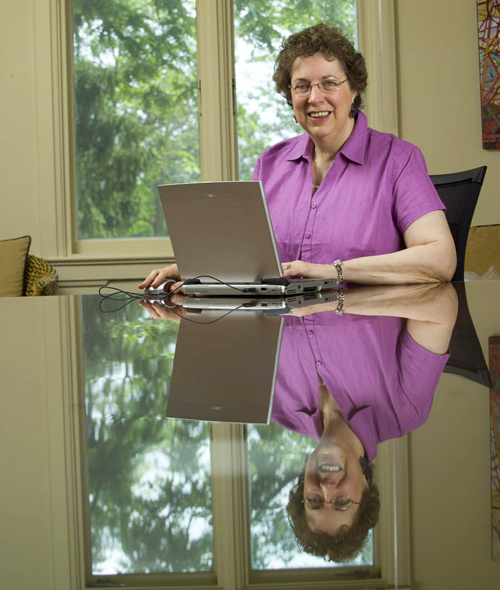
As the Canadian population ages, more people will find themselves caring for elderly family members, says Prof. Donna Lero, Jarislowsky Chair in Families and Work in the Department of Family Relations and Nutrition. Her research looks at how workplaces are accommodating the needs of employees who are looking after an aging relative.
Unlike employees who have children, caregivers need more options than flexible hours, and “very few employers are attentive to that yet,” says Lero. “It’s an emerging issue, and I would say a low priority for many employers, but it’s one that they can’t afford not to pay attention to.” She advises caregivers to let their employers know that they may need time off in the future, but they may not know when.
Along with researchers at the University of Alberta, Lero studied the challenges faced by employees caring for elderly family members. “There can be both physical and mental health consequences associated with caregiving related to fatigue, exhaustion and stress,” says Lero. Caring for someone with a serious medical condition such as Alzheimer’s disease can be emotionally draining, she adds.
The “sandwich generation” faces the added responsibility of caring for their own children as well as their aging parents. “That sense of being torn between the needs of different family members can be considerable,” says Lero.
The financial costs of caregiving include expenses associated with renovating a home to make it accessible for people with physical disabilities, purchasing prescription medications and hiring extra help or paying for the family member to live in a nursing home.
Lero says families of caregivers need to work together and support each other. That may mean taking turns caring for children and aging relatives. Couples may find themselves caring for each other’s elderly parents, although more women are caregivers than men. According to Statistics Canada, women accounted for more than half (57 per cent) of people aged 45 or older who were providing care to a senior. “It’s part of a couple relationship to support each other in times of higher needs,” says Lero. “It’s also an opportunity for a couple to bond together” and work as a team.
When caregivers begin to feel overwhelmed, Lero advises them to seek extra help, such as hiring a personal support worker or seeking a nursing home or assisted living facility for their loved one. She says families should have conversations about living arrangements with aging family members before they’re unable to make those decisions for themselves.